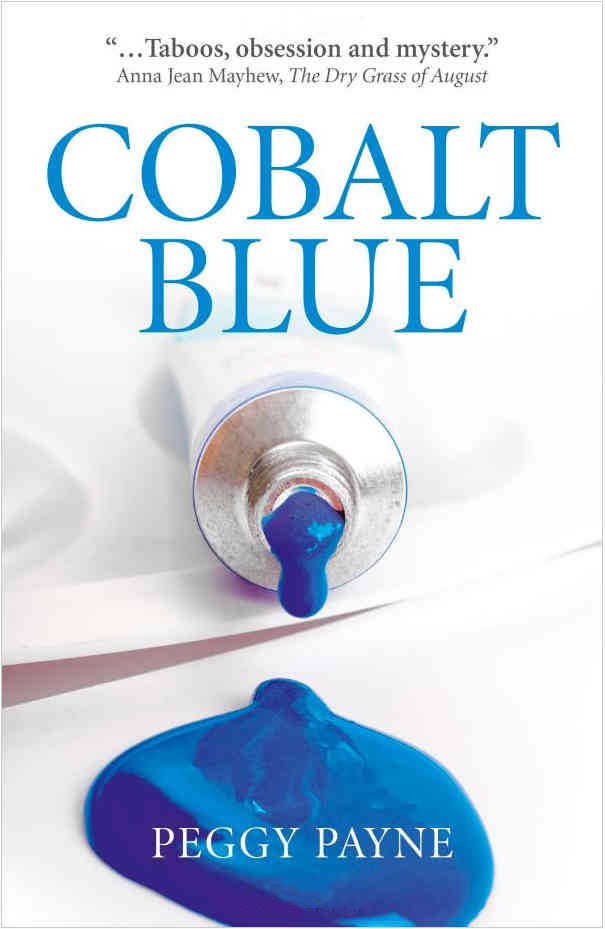excerpt from an E to one of my sons:
Hi C, We’re well enough here — brisk, cloudy Sun. afternoon. 3:15 PM now — Tx for helping as u did & do. Your voice-to-print software? sends funny equivalents of what you say into it — they’re worth your quick scan, for laughs. And they’re plenty contact-full enough – a more accurate wording could not be be a better, more charming & warm connection across the world between us.
I just finished my home-practice for the John Kabat-Zinn, PhD-inspired 10 session course I’m taking with a world class expert, Jeff Brantley, MD [MBSR = Mindfulness Based Stress Reduction], Wednesday evenings over @ Duke Integrative Medicine. We’re in the 7th week, with a day-long meditation coming this Saturday. My professional interest is in the solid & impressive!! scientific research on participants’ mind /body outcomes — I’ve long been interested in the major overlaps/similarities between the altered states of consciousness we call “clinical hypnosis” & “meditation”. And a fine teacher of mine, Michael Yapko, PhD, in Caiif. published this year what he told me will be his last book — Mindfulness & Hypnosis: the power of suggestion to transform experience —about how guided Mindfulness meditation & guided [as opposed to self-] hypnosis have such commonalities [& differences] that meditation teachers & practitioners would benefit greatly from the good science that’s been done over many decades on hypnosis & suggestion. Meditation folks, like most other folks, seem to me usually rejecting hypnosis practice & research, w/o really knowing anything at all about what clinical hypnosis actually is.
My personal interests in the course are the same as what i think calls most/?all psychotherapists to becoming therapists — dealing better w/ the conflicts, discomforts & interferences leftover from the interaction between our genetic potentials & our formative family experiences. There’ve been enough positive developments from that course in my inner life & it’s outer expression, especially in up-time experiences of frustration & anger, that I’m recommending highly that clients & therapists take an MBSR course themselves, when the time is right.
I’ve suspected, as does Michael Yapko, that if/when follow-up studies of daily self-hypnosis practitioners were done [there are none I know of], brain changes & psychological benefits similar to those reported for MBSR participants & daily, long term, self-guided mindfulness meditators/monks would also be found in the daily-guided & self-guided clinical hypnosis subjects. Doing such research w/ self-hypnosis would be quite challenging for many reasons. And I think many! more folks practice daily mindfulness meditation than daily hypnosis, partly because the historical context/reputation of mindfulness is so much more appealing than that of [much-misunderstood] hypnosis — people identify much more with being “spiritual”, like the Dali Lama, than with being “wierd/dangerous”, like Dracula, Svengali & stage hypnotists.
You know my Hunt & Peck typing is tedious, so I’m surprised to’ve gone on so long, & not surprised at all. I’m scheduled next March to give a talk in The UNC-CH School of Social Work’s Clinical Lecture Series on evidence-based hypnosis for clients & ourselves, & will likely lean way-more toward presenting the similarities & differences between guided mindfulness & clinical hypnosis than before taking the course. We’ll see.

